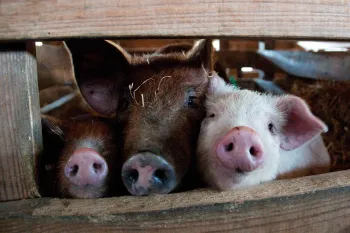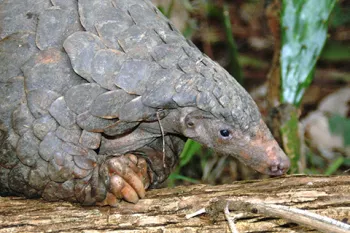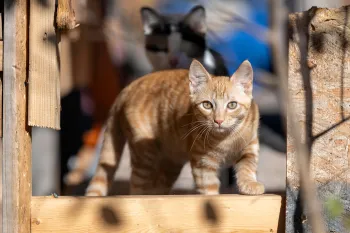Our Impact
of female elephants outside Kruger National Park in South Africa have been treated to help manage the population and reduce conflict
have been spayed/neutered through our Healthy Pets, Healthier Communities program
of South Africans now support a ban on cosmetics testing on animals
There’s more work to be done.
Although the South African government is committed to phasing out the breeding of lions, used for trophy hunting and the lion bone trade, this does not include all big cats. We’re still pushing for this ban to extend to all big cats and for an end to any interaction with these animals—such as cub petting and keeping them as pets.
We’re working hard to end trophy hunting in South Africa. Even though most South Africans are against it, the country is one of the world’s biggest exporters of hunting trophies, sending over 21,000 trophies abroad between 2014 and 2018, mostly to the United States.
We continue to push for improved welfare for farmed animals by working to reduce the number of animals living in confinement and encouraging people to reduce their consumption of animal products.
We’re pushing for a ban on cosmetics animal testing—something that 90% of South Africans support.
And while our Healthy Pets, Healthier Communities pilot program provides spay/neuter as well as primary veterinary care for South Africa’s homeless dogs and cats, many companion animals still live on its streets.
Help us end animal cruelty
Start saving lives today by making a one-time gift—or protect animals worldwide all year long with a monthly contribution.




